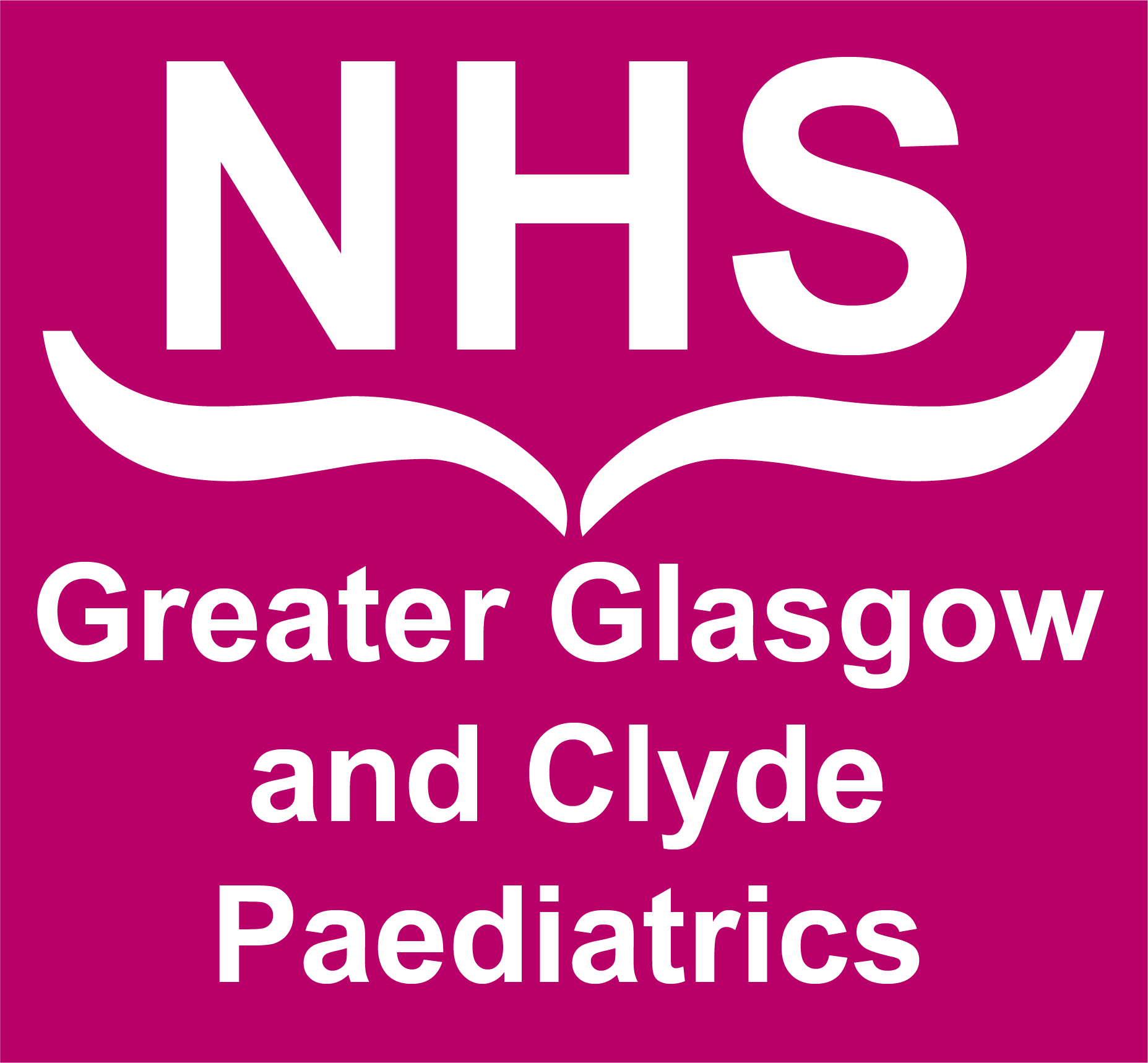Responsible Clinical Team
Referral:
Discusses patient suitability for OPAT & treatment plan with the ID team (84939) (Box 1).
Ensures appropriate intravenous access (Box 2).
Discusses OPAT with patient & parents/carers, provides OPAT Patient Information Leaflet.
If parents/carers agree, completes Trakcare request ‘OPAT referral – paediatrics’.
Liaises with ward 1C (84400) on Monday to Friday, with CDU (84672/84670) on Saturday & Sunday, to ensure capacity for OPAT and arrange first appointment.
If patient accepted, asks the ward clerk/nursing colleagues on the ward to discharge the patient, asks the nursing team (ward 1C Mon-Fri or CDU Sat-Sun) to admit the patient to the ‘VIRTUAL ward OPAT-RHC’
On admission to the virtual ward, prescribes antibiotic and flush on HEPMA (Box 3)
Completes the patient-held OPAT plan, & parent/carer declaration.
Discusses follow-up arrangements, safety nets (Box 4).
Completes the discharge letter (IDL), including all oral medications (Box 5).
Marks patient as ‘OPAT’ on the team handover.
During OPAT:
Reviews patient at least once weekly, documents all clinical reviews on Clinical Portal.
Reviews patient at the end of treatment & arranges follow-up as required.
If cuffed CVL, refers to the line list for removal (Box 2).
Antimicrobial Stewardship (AMS) team
Does twice weekly AMS ward rounds (Monday & Thursday afternoons).
Reviews patients on intravenous antibiotics for 48 hours or more.
Identifies patients suitable for OPAT. Discusses suitability with the responsible clinical team, discusses OPAT treatment plans & facilitates admission to the virtual ward.
Does a weekly OPAT MDT - reviews treatment plans and results for all patients on the Trakcare ‘RHC OPAT’ virtual ward. Documents virtual reviews on Clinical Portal.
Liaises with the responsible clinical team, as appropriate.
Completes the IDL and outcomes patients on discharge from the Trakcare ‘RHC OPAT’ virtual ward.
Prospectively monitors OPAT outcomes.
Pharmacy team
Attends a weekly OPAT MDT.
Supports supply, prescribing and monitoring of antibiotics.
Ward 1C Nursing Team
Monday to Friday 8.30 – 16.00
Actions Trakcare referrals for ‘OPAT referrals – paediatrics’.
Admits patients to the ‘VIRTUAL ward OPAT-RHC’
Arranges appointment(s) for OPAT Monday to Saturday - Trakcare ‘RHC OPAT’ clinic.
At the first appointment:
‘Arrives’ the patient at the Trakcare ‘RHC OPAT’ clinic.
Checks IV antibiotic & co-medications are prescribed on HEPMA (Box 2), if not, contacts the responsible to team to prescribe.
At each appointment:
‘Arrives’ the patient at the Trakcare ‘RHC OPAT’ clinic.
Temperature, heart rate, BP, respiratory rate, 02 saturations.
Checks intravenous access site.
Re-sites cannula if not working, liaises with responsible clinical team if unable to re-site/concerns about other venous access device.
Checks monitoring requirements – blood tests if required (Box 2).
Administers IV antibiotic.
Documents review on Clinical Portal.
Outcomes the patient on the Trakcare ‘RHC OPAT’ clinic.
Arranges next appointment.
Liaises with the responsible clinical team if:
Clinical or parental/carer concerns (e.g., patient unwell, suspected drug allergy).
Difficulties with intravenous access (including line removal).
Monitoring blood tests sent.
At the final appointment:
Liaises with the responsible clinical team - to review.
If PVC, midline, PICC or uncuffed CVL, removes in line with GG&C guideline.
If cuffed CVL refers to the responsible clinical team to arrange removal.
Discharges patient from the Trakcare ‘RHC OPAT’ virtual ward.
Attends weekly OPAT MDT.
CDU Nursing Team
Saturday, Sunday & bank holidays
Actions Trakcare referrals for ‘OPAT referrals – paediatrics’.
Admits patients to the ‘VIRTUAL ward OPAT-RHC’
Arranges appointment(s) for OPAT Sunday to Monday - Trakcare ‘RHC OPAT’ clinic.
At the first appointment:
‘Arrives’ the patient at the Trakcare ‘RHC OPAT’ clinic.
Checks IV antibiotic & co-medications are prescribed on HEPMA (Box 2), if not, contacts the responsible to team to prescribe.
At each appointment:
‘Arrives’ the patient at the Trakcare ‘RHC OPAT’ clinic.
Temperature, heart rate, BP, respiratory rate, 02 saturations.
Checks intravenous access site.
Liaises with responsible clinical team if concerns about cannula/other venous access device.
Blood test monitoring only if urgently required as communicated directly by the clinical team.
Administers IV antibiotic.
Documents review on Clinical Portal.
Outcomes the patient on the Trakcare ‘RHC OPAT’ clinic.
Arranges next appointment.
Liaises with the responsible clinical team if:
Clinical or parental/carer concerns (e.g., patient unwell, suspected drug allergy).
Difficulties with intravenous access (including re-siting cannula & line removal).
Monitoring blood tests sent.
At the final appointment:
Liaises with the responsible clinical team - to review.
Removes or appoints to clinic on ward 1C the next day for removal of venous access device.
If cuffed CVL, refers to the responsible clinical team to arrange removal.
Discharges patient from the Trakcare ‘RHC OPAT’ virtual ward.


